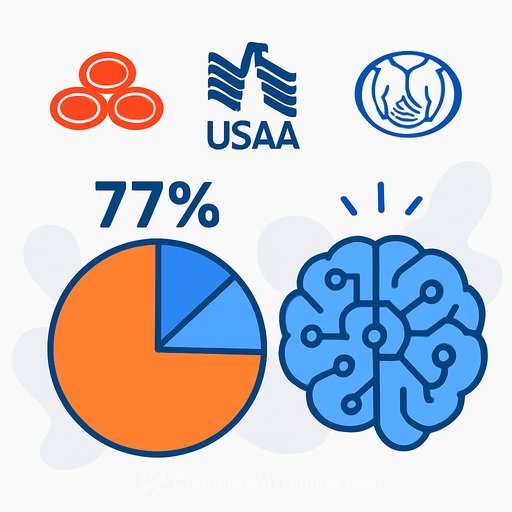AI Investment in Insurance: Ambition vs. Reality
Insurance leaders are vocal about the potential of artificial intelligence to improve operations and customer experience. Yet, the level of investment in AI often falls short of these high expectations. This gap suggests uncertainty about how AI can deliver meaningful cost savings within the industry.
Where the Industry Stands
Many insurers have expressed strong interest in adopting AI tools. They see opportunities in underwriting, claims processing, fraud detection, and customer service automation. Despite this enthusiasm, actual spending on AI initiatives remains cautious.
This cautious approach is largely due to unclear return on investment. Insurers are still testing different AI applications but have yet to identify consistent, significant savings that justify larger budgets.
Challenges in Realizing Savings
- Uncertain ROI: Many AI projects are experimental, making it difficult to measure cost reductions or efficiency gains.
- Integration Complexity: AI systems need to work seamlessly with existing legacy platforms, which can slow deployment and reduce impact.
- Skills Gap: Insurers often lack enough in-house AI expertise to design and implement solutions that drive clear financial benefits.
- Data Quality: Effective AI depends on clean, comprehensive data, which can be a challenge for many insurance firms.
What Insurance Professionals Can Do
For those working in insurance, focusing on practical AI applications with measurable outcomes is key. Start small by targeting processes where automation can save time and reduce errors. Pilot projects can provide valuable insights before scaling investment.
Building internal AI skills or partnering with experts helps bridge knowledge gaps. Also, improving data management practices lays a foundation for more effective AI use.
For professionals interested in expanding their AI knowledge specifically for insurance, exploring targeted training courses can be a smart move. Resources such as Complete AI Training’s insurance-focused courses offer practical guidance on applying AI in insurance roles.
Looking Ahead
The potential for AI in insurance remains strong, but investments will likely increase only as clearer evidence of savings emerges. Insurers that focus on measurable results, skill development, and data readiness will be better positioned to close the gap between AI ambition and actual impact.
Your membership also unlocks:






